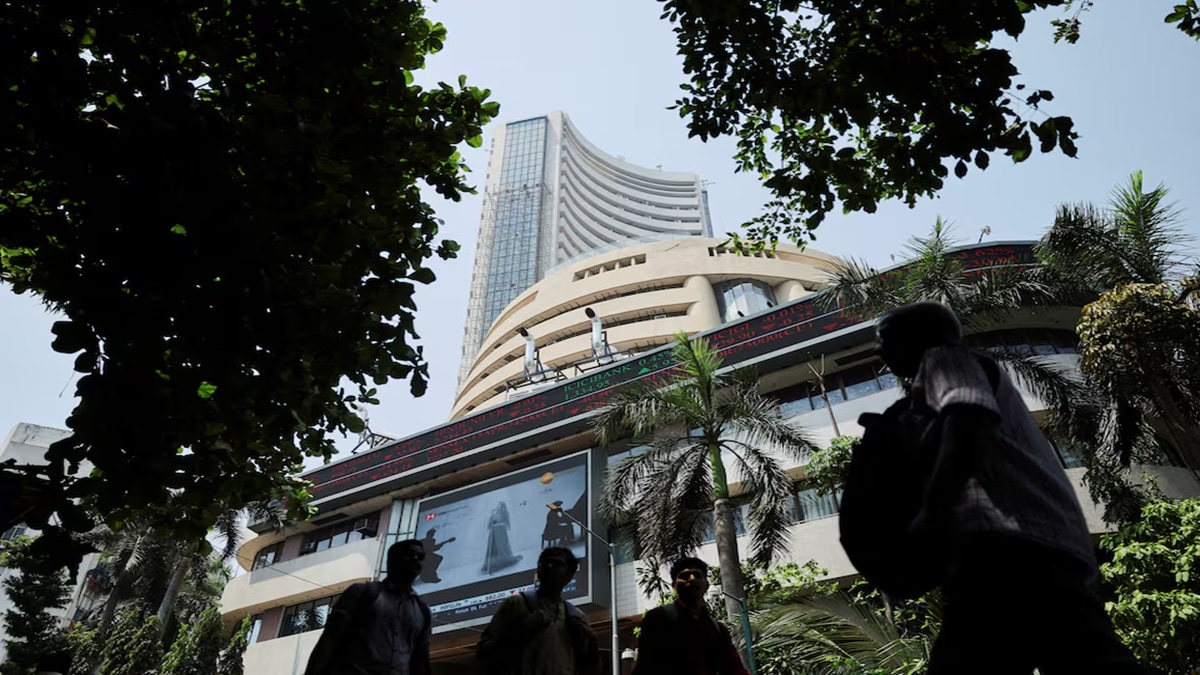The enterprise messaging segment may emerge as the new battleground for a telecom tariff war with the increase in transition from traditional text messaging to Rich Communication Services (RCS) for better engagement with consumers.
Google-promoted RCS is an upgraded version of SMS that engages users with branded, verified messages. It competes with the WhatsApp business messaging services. Currently, Vodafone Idea and Jio have enabled RCS Business Messaging (RBM), allowing enterprises to send rich, interactive messages with branding, verified sender IDs and chatbot-like interactions through their networks.
Bharti Airtel is yet to launch RBM. But once it does, a tariff war is expected as operators will compete to increase their market share in the segment, industry executives told FE.
Simply put, enterprises which want to send RCS messages to consumers tap communications platform as a service (CPaaS) providers such as Dotgo, Route Mobile, Sinch and Infobip. These CPaaS players do all the technical integrations and meet compliance requirements for RCS, including sending messages to end-consumers via telcos such as Jio or Vodafone Idea currently. This means that Airtel subscribers do get RCS messages from brands, but the same terminates on Airtel’s network via a Vi or a Jio network.
Currently, the basic text-only RCS SMSes are charged at around 15 paise per SMS, and the price goes up to 35 paise for conversational RCS SMSes.
“Vodafone Idea is currently leading RBM adoption followed by Jio. Every aggregator has the choice to send RCS messages either via a Jio or a Vodafone Idea platform,” said Inderpal Mumick, vice-president, telecom, at Gupshup, and CEO of Dotgo.
According to sources, Vi is currently operating at around 1 billion RCS SMSes per month. Jio, which launched the services about six months ago, is trailing Vi. Mumick said the competition will intensify after Airtel enters the segment.
Queries sent to Airtel on reasons for not launching RBM till date did not elicit any response.
In India, RCS SMS is seeing delivery rates of over 98%, read rates of about 40% and response rates of about 6%. This shows that enterprises are increasingly adopting RCS due to better returns on investment.
Nipun Popli, regional operator partnership manager – India at Infobip, said: “There tends to be a pricing war where one operator may drop the price by a paisa or half paise.”
Analysts said any kind of a pricing competition will emerge once the RCS market matures. Further, for a brand to move from the current set-up on RCS to a new set-up with an incentive of one paise or half a paise is not good enough, as there are costs attached to it.
Tushar Agnihotri, executive vice-president – India & APAC (Asia Pacific) at Route Mobile, pointed out that the competition can come in when telcos start attracting brands to terminate the messages on their own networks. “Such an activity of shifting RCS traffic on their (telcos own) networks will give them profits,” he said.
According to IDC, with 5.1 billion smartphones running Android and iOS, RCS has the potential to reach a wide global user base. India has 653.1 million smartphone users. However, iOS is yet to provide support for RCS in India.
Ankur Agrawal, business head at Sinch, said: “In the last two years, RCS has grown in an unprecedented manner. The number of conversations is increasing month on month.” Firms in the gaming, banking, financial services and utility sectors are significantly adopting RCS.
RCS is being largely used for marketing communications by most brands. Analysts said compared to WhatsApp Business, RCS is growing fast and there is a potential for it surpass the former’s volumes. According to Gartner, India’s business messaging market is expected to reach $3.2 billion by 2028 from $1.3 billion in 2023. Both WhatsApp and RCS are expected to have 50% value share each.








